Indie Game Studios Embrace Community-Driven Tournament Formats
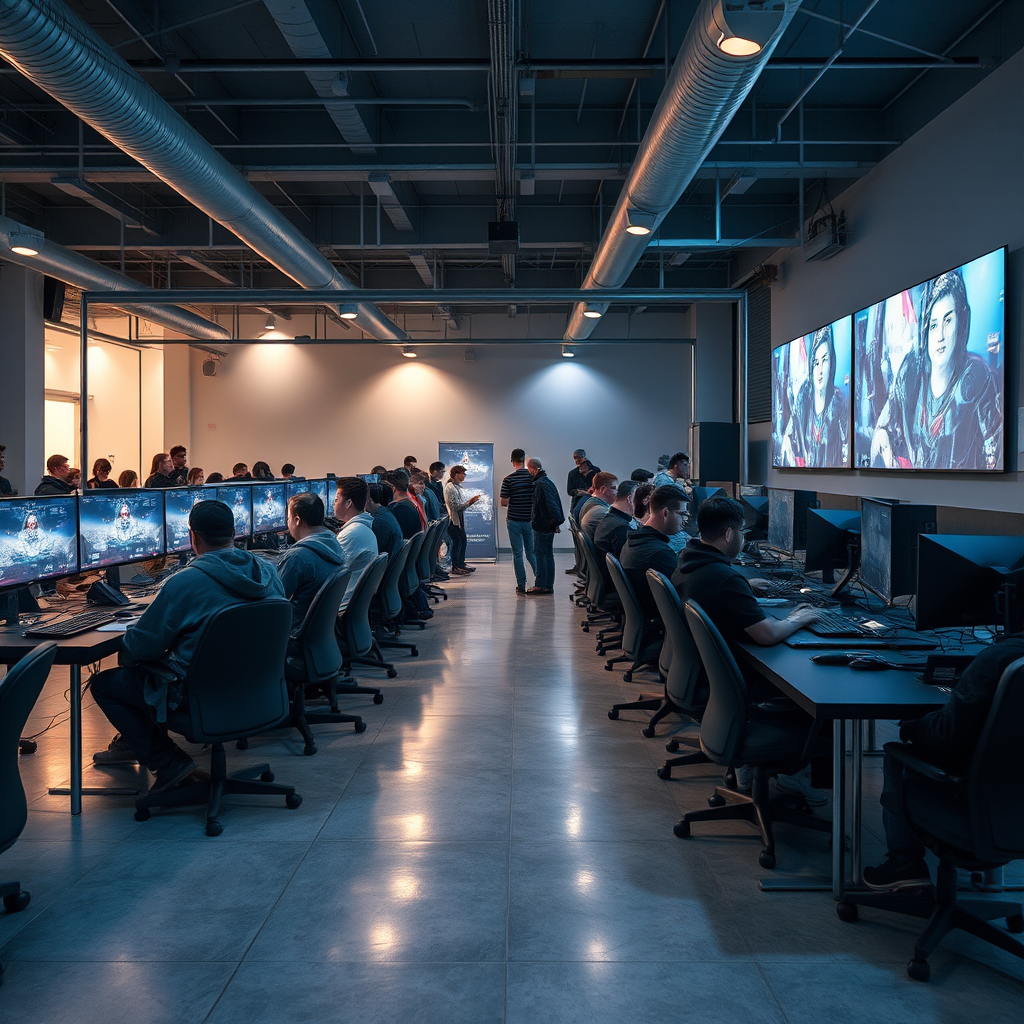
The landscape of competitive gaming is experiencing a fundamental shift as independent game developers move away from traditional tournament structures toward community-driven formats that prioritize player engagement over prize pools. This transformation is reshaping how studios build and maintain their player communities.
The Rise of Grassroots Competition
Independent studios are discovering that community-driven tournaments create deeper player connections than traditional competitive formats. Unlike major esports events that focus on professional players and substantial prize pools, these grassroots competitions emphasize participation, skill development, and community building.
"We realized that our players weren't looking for the next big prize tournament. They wanted consistent, engaging competition that helped them improve while connecting with others who shared their passion for the game."
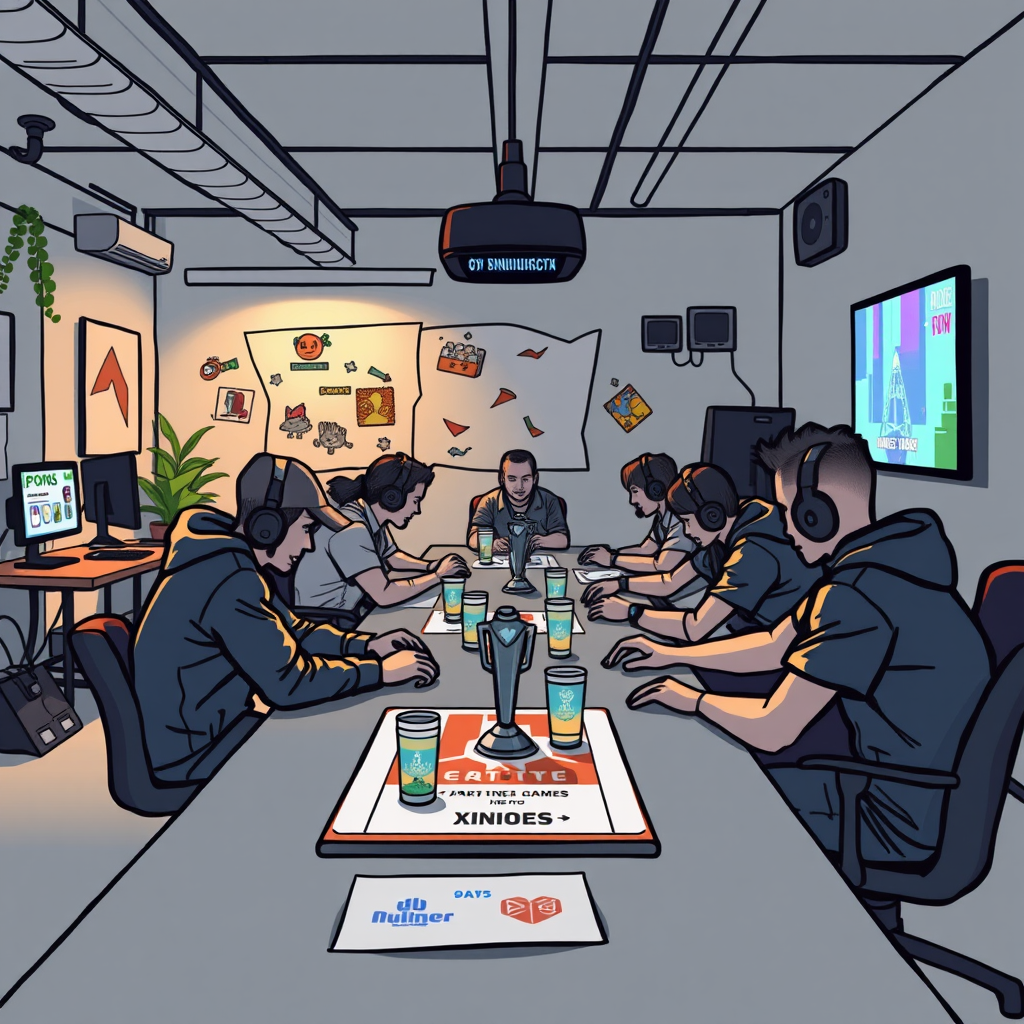
Case Study: Successful Community Integration
Several indie studios have successfully implemented community-driven tournament formats with remarkable results. Moonlight Games, developers of the tactical strategy title "Nexus Command," transformed their competitive scene by introducing weekly community challenges that adapt based on player feedback.
Key Success Metrics
- Player retention increased by 340% over six months
- Community engagement on forums and social media grew by 280%
- New player acquisition through word-of-mouth referrals rose by 150%
- Average session time extended from 45 minutes to 2.5 hours
The studio's approach involved creating tournaments that could accommodate players of all skill levels, with dynamic bracket systems that ensured competitive matches regardless of experience. This inclusive format attracted casual players who might otherwise avoid competitive gaming environments.
Community Feedback Integration
The most successful community-driven tournaments incorporate real-time feedback mechanisms that allow players to influence tournament structure, rules, and formats. This collaborative approach creates a sense of ownership among participants and ensures that competitions remain relevant to player interests.
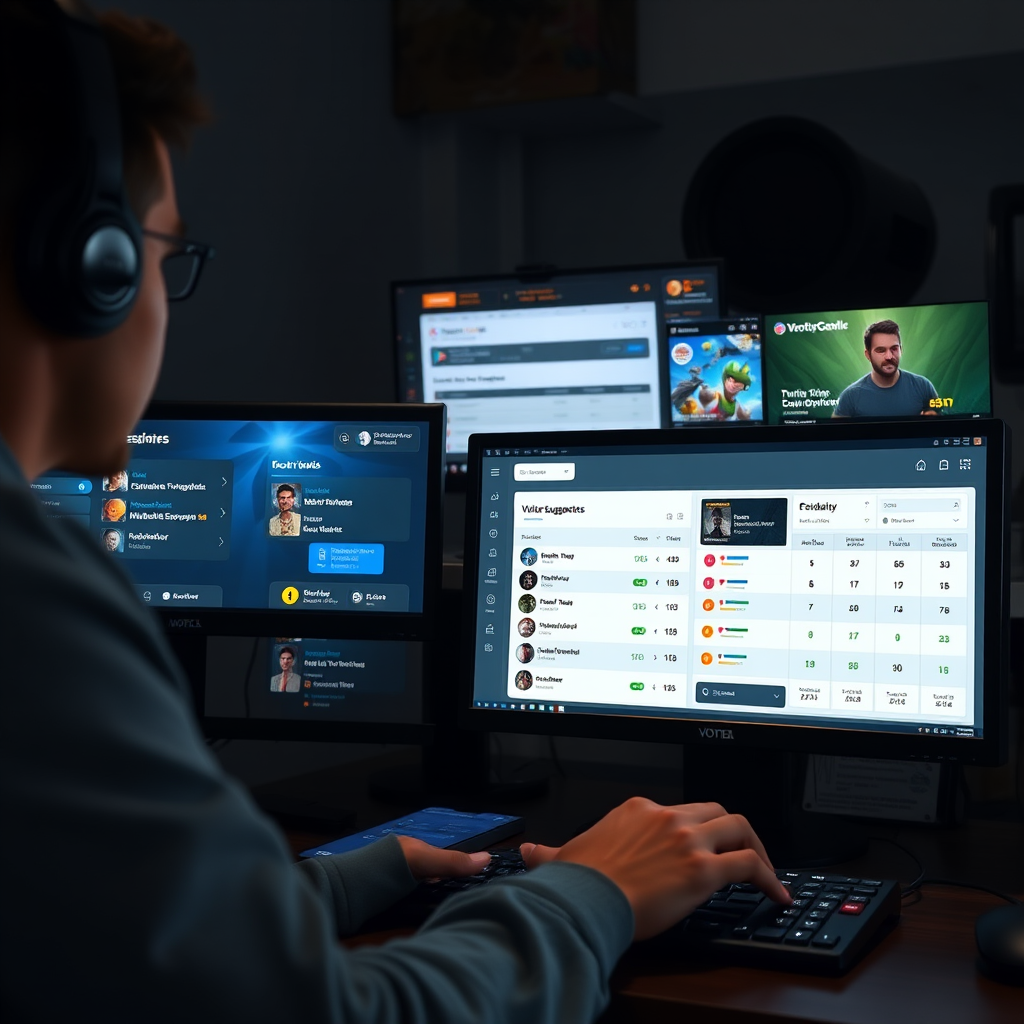
Feedback Implementation Strategies
Studios are employing various methods to gather and implement community input:
Real-time Polling
Live voting systems during tournaments allow immediate rule adjustments and format modifications based on participant preferences.
Post-Event Surveys
Comprehensive feedback collection after each tournament helps identify long-term improvements and community desires.
Developer-Hosted Events: A New Paradigm
The trend toward developer-hosted competitive events represents a significant departure from third-party tournament organization. Studios are taking direct control of their competitive ecosystems, creating events that align perfectly with their game's unique mechanics and community culture.
These events often feature innovative formats that wouldn't be possible in traditional tournament structures. For example, "Quantum Shift," an indie puzzle-platformer, hosts monthly tournaments where game mechanics change mid-competition based on community votes, creating dynamic challenges that keep players engaged and excited.
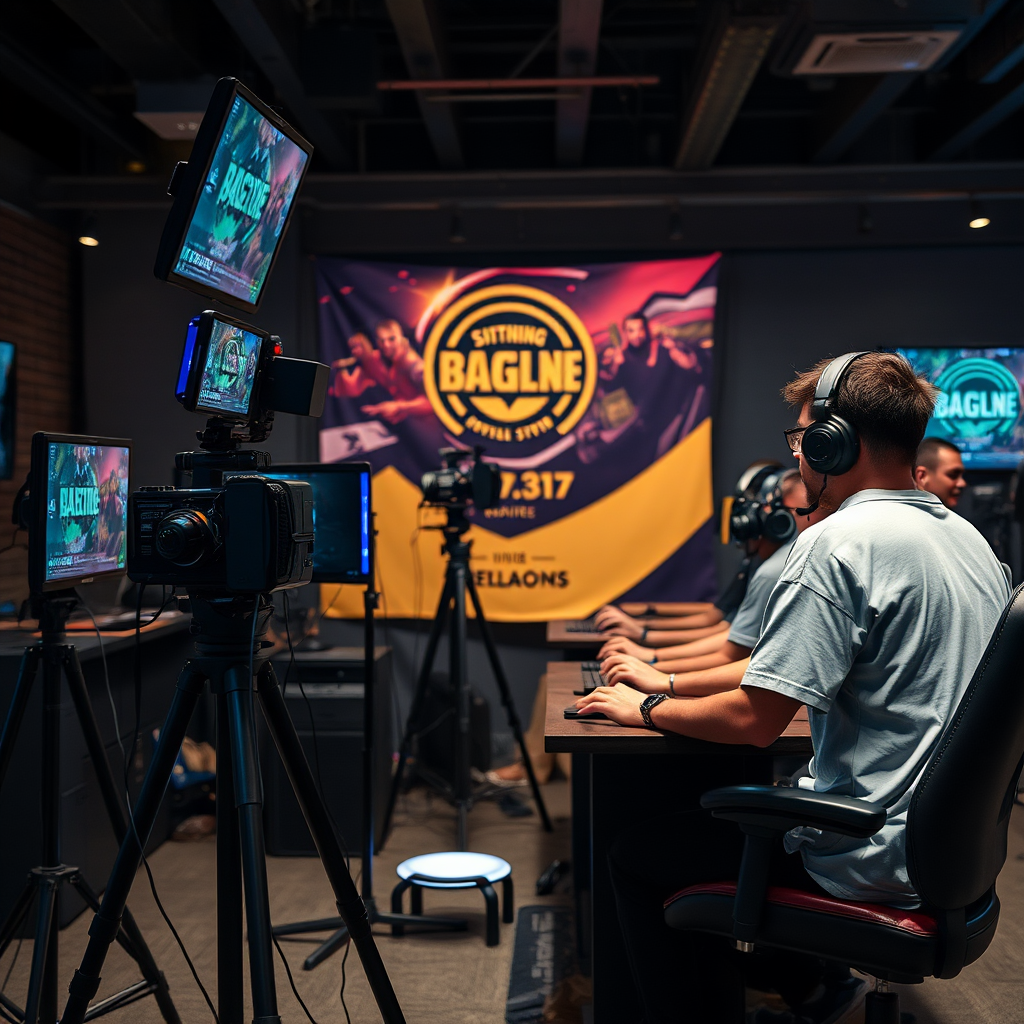
Player Experience Over Prize Structures
The shift toward community-driven formats has fundamentally changed how studios approach tournament rewards. Instead of focusing solely on monetary prizes, successful indie tournaments emphasize recognition, skill development, and community status.
Alternative Reward Systems
- Skill Badges and Achievements: Permanent recognition for specific accomplishments during tournaments
- Community Titles: Special designations that appear in-game and on community platforms
- Developer Access: Opportunities to provide feedback on upcoming features or participate in beta testing
- Creative Collaboration: Chances to contribute ideas for future tournament formats or game content
This approach has proven particularly effective for building long-term community engagement. Players report feeling more connected to both the game and its development team when their tournament participation leads to meaningful recognition and involvement opportunities.
Technology Enabling Community Tournaments
Modern tournament platforms are making it easier than ever for indie studios to implement community-driven competitive formats. These tools provide the infrastructure necessary to support complex tournament structures while maintaining the flexibility that community-focused events require.
Platforms that support faceit-style matchmaking and community tournament creation have become essential tools for indie developers looking to build competitive communities. The ability to play faceit-inspired tournaments directly within game clients has streamlined the competitive experience and reduced barriers to participation.
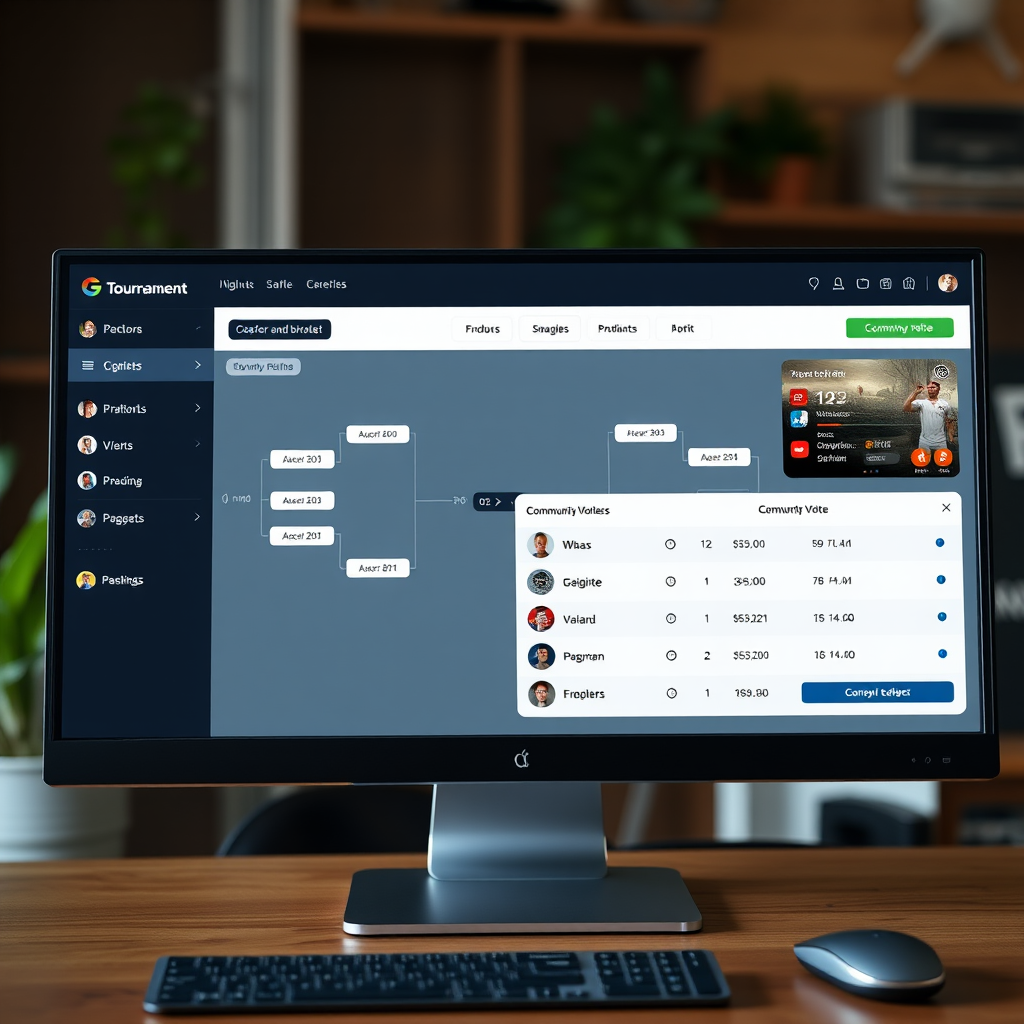
Future Implications for Indie Gaming
The success of community-driven tournament formats is influencing how indie studios approach game design from the ground up. Developers are increasingly considering competitive elements during early development phases, ensuring that their games can support engaging tournament formats from launch.
This trend suggests a future where the line between game development and community management becomes increasingly blurred. Studios that successfully integrate competitive elements with community feedback mechanisms are likely to see sustained player engagement and organic growth through word-of-mouth promotion.
Looking Ahead: Key Trends to Watch
- Integration of AI-driven tournament balancing systems
- Cross-game tournament formats for studio portfolios
- Enhanced spectator experiences for community events
- Collaborative tournament design between multiple indie studios
Conclusion
The embrace of community-driven tournament formats by indie game studios represents more than just a trend—it's a fundamental shift toward more inclusive, engaging competitive gaming experiences. By prioritizing player experience over traditional prize structures and incorporating community feedback into tournament design, these studios are building stronger, more sustainable competitive communities.
As this approach continues to prove successful, we can expect to see more indie developers adopting similar strategies, ultimately reshaping the competitive gaming landscape to be more accessible, community-focused, and aligned with player interests. The future of indie competitive gaming lies not in mimicking traditional esports structures, but in creating unique, community-driven experiences that celebrate both competition and collaboration.